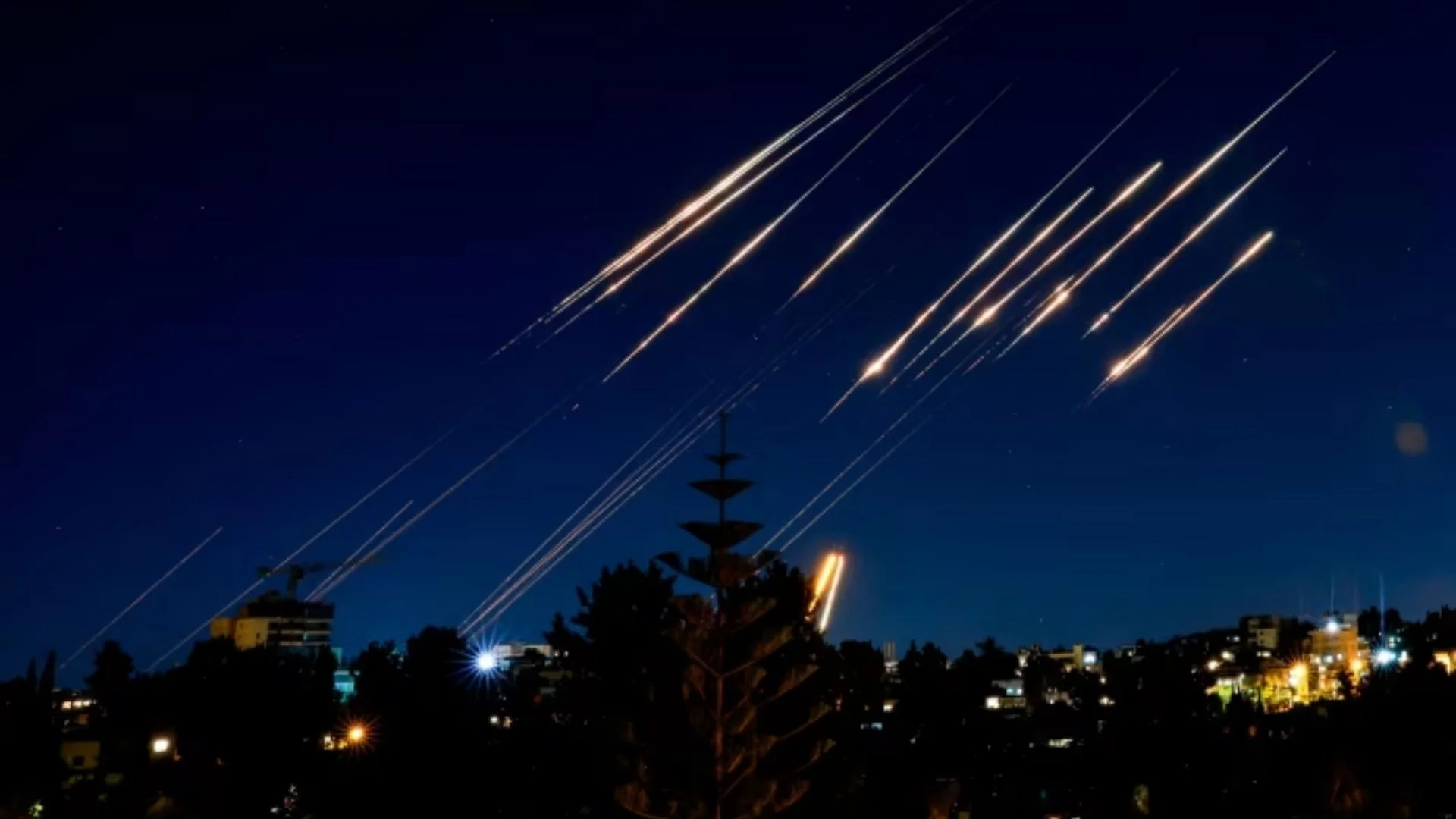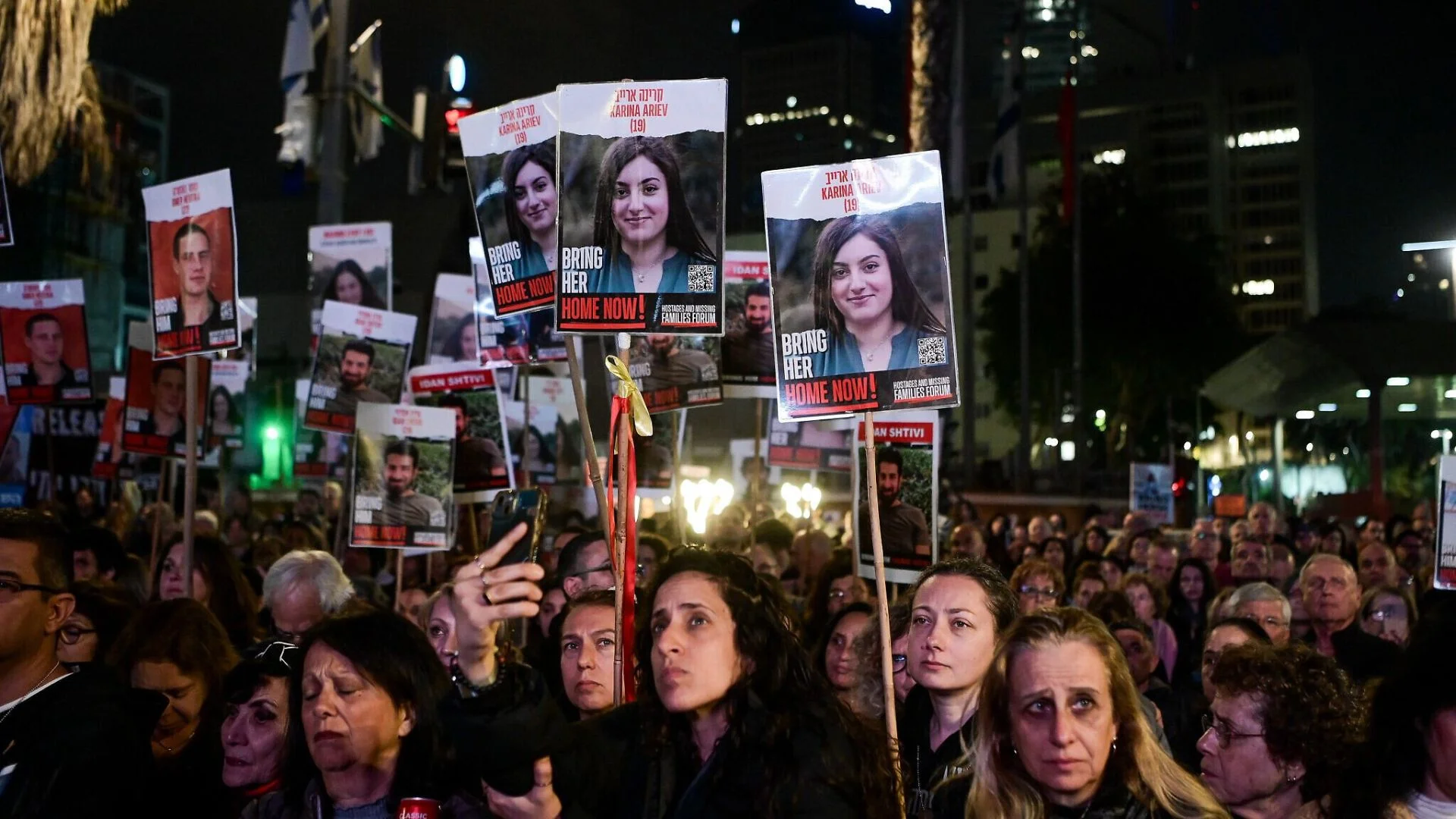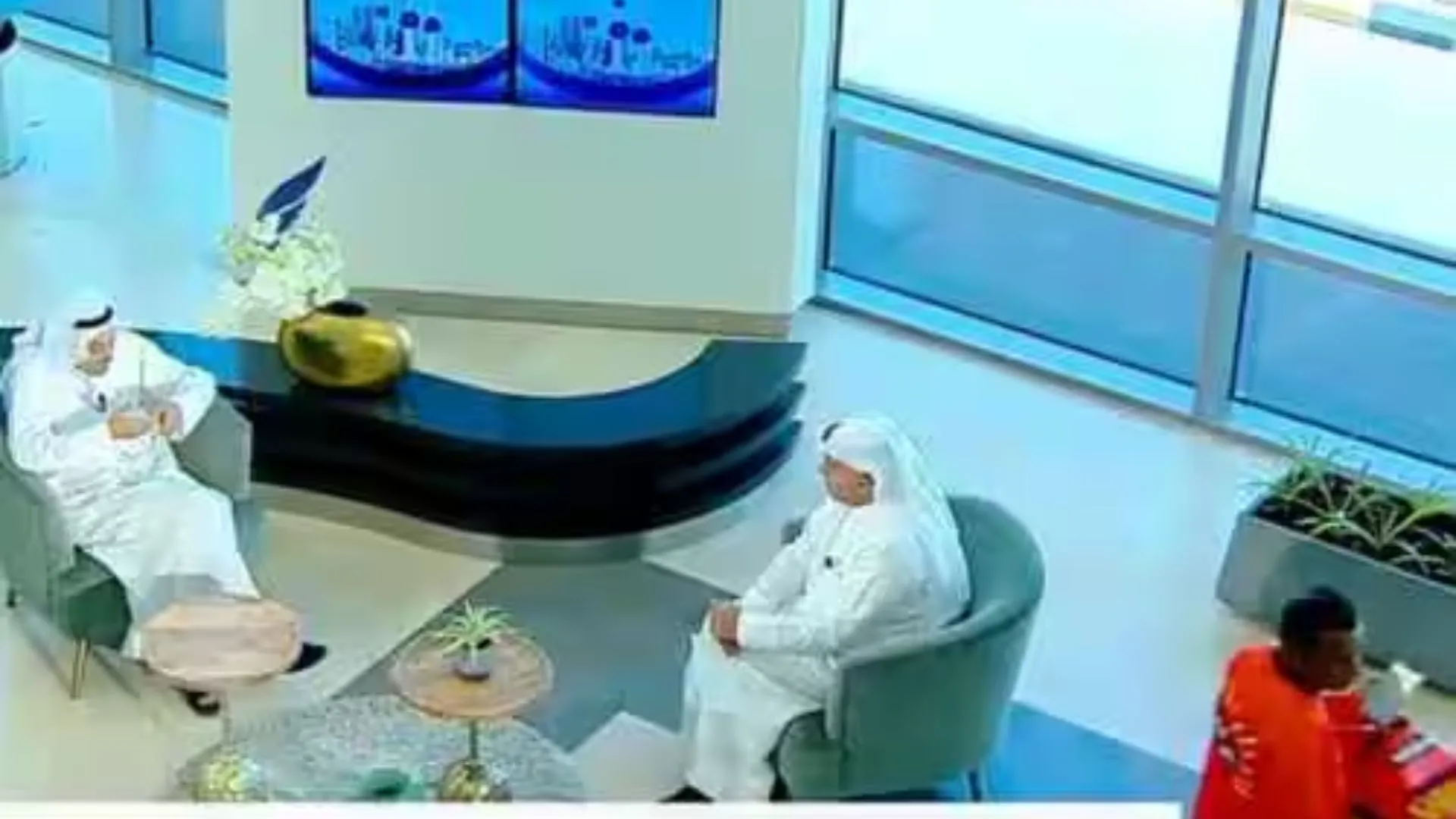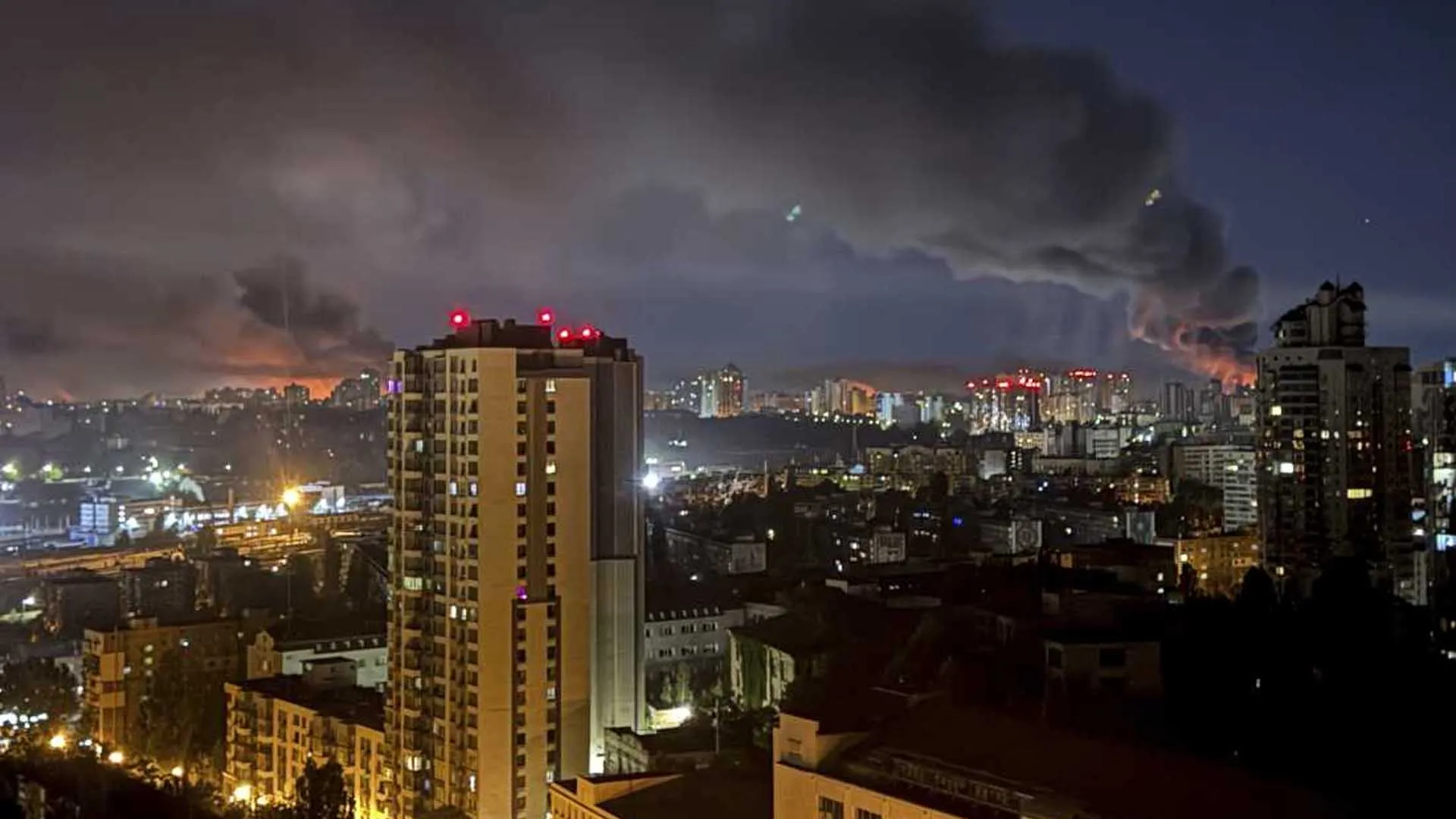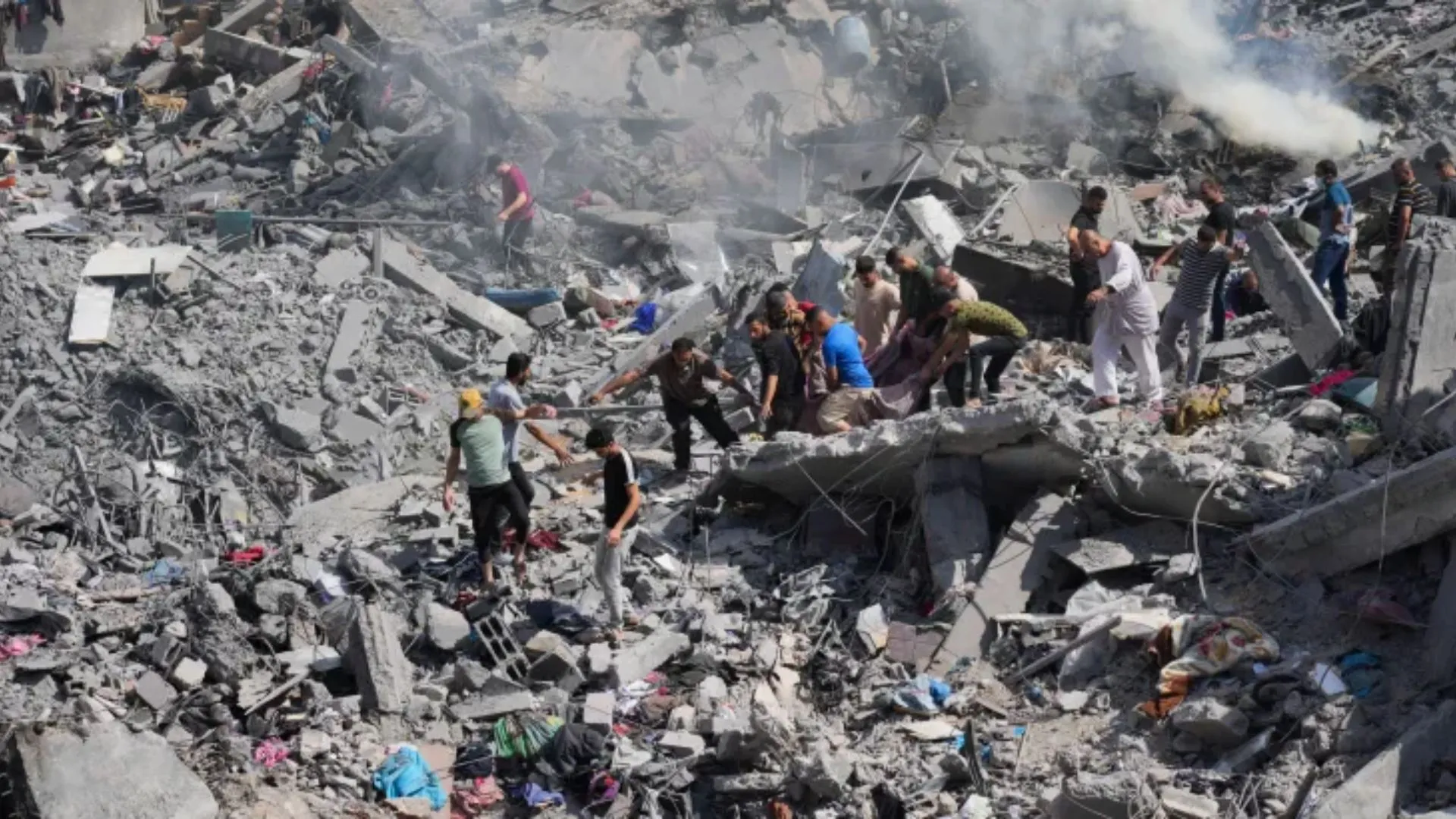Israel-Iran tensions ran high late Saturday as the two countries launched new rounds of missile and drone attacks on each other, fueling concerns over an escalating regional war. The new escalation followed Israel widening its surprise military campaign with an attack on Iran’s South Pars gas field, the world’s biggest, in response to which Tehran suspended scheduled nuclear negotiations with Washington.
Iran’s state media said retaliatory missile and drone strikes on Israeli soil. The Israeli Defense Forces confirmed it was attacking military equipment in Tehran and stated additional projectiles from Iran were detected and being shot down. In Jerusalem, projectiles were seen in the air, though air raid sirens did not sound. Alarms did sound in Haifa, in northern Israel.
Israel’s emergency services confirmed 14 injuries as a result of the Iranian attack, with one person in critical condition. A missile destroyed a two-story house in northern Israel, and at least one death was confirmed by media outlets.
Iranian authorities condemned the Israeli attack as “barbaric,” and Foreign Minister Abbas Araqchi said that a nuclear negotiation round planned for Sunday in Oman was canceled. The negotiations were viewed by Washington as a last hope for stopping Israel’s continuing military action.
US President Donald Trump threatened Iran with increasing repercussions but left the door open for negotiations if Tehran was willing to reduce its nuclear ambitions considerably.
Concurrently, Iranian news outlet Tasnim said that the Israeli attack on South Pars resulted in part of the operations being suspended temporarily as a result of the fire. Situated in southern Bushehr province, the field provides an essential part of Iran’s natural gas supply. On Friday, oil markets had already reacted to the escalating tension with a 9% price hike.
The recent developments are a perilous escalation, with increasing concern about energy infrastructure and civilian lives throughout the region.

